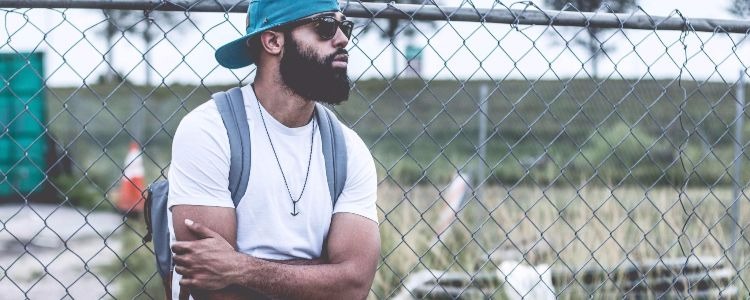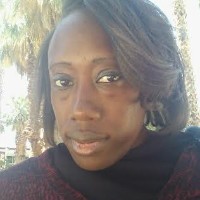The Problematic Whitewashing of Eating Disorder Recovery
The image of recovery, particularly online, has such a pristine filter on it. Take a look at the recovery tag on Instagram or Tumblr and you will see some very positive things, but it can also be intimidating and even discouraging. Some may see the colorful fruit display and green smoothie close ups as what recovery truly is. It is not. Not only is there a sanitized version of recovery, but it is also very whitewashed.
As a Black woman with an eating disorder all I often see, and all many of us see, is the rich white girl trope in eating disorders and eating disorder recovery. For example, the Netflix movie To the Bone sheds light on eating disorders but it is still the same old story. The focus on anorexia in films like these erases those with eating disorder other than anorexia, such as binge eating disorder and bulimia.
Films like these also erase people of color with eating disorders. While a privileged white woman can go to treatment five times, someone else may not have that luxury. Additionally, many people don’t have family who understand the illness due to cultural differences.
I believe if we start showing a wider scope of what recovery looks like, it can go a long way. Focusing only on one type of story does a disservice to those struggling to find freedom; they are left to think that if their recovery doesn’t look like someone else’s that they are not doing it right or that they are failures. That is far from the truth. This whitewashing of recovery leads people of color to compare themselves to what they see in the media and fall through the cracks.
It becomes yet another chase for something that isn’t really realistic. I myself cannot afford inpatient treatment but I am lucky enough to at least see a therapist. Not everyone has that. Recovery is messy, recovery is different for everyone, recovery does not have to look like Suzanne’s from down the road. The act of comparing only robs us of focusing on ourselves and bettering who we are and working on our own recovery.
Whether you think the grass is greener on another person’s side or that your worth is more at a certain size, it’s safe to say your eyes may look to what you lack and what you think you should be. We know it’s common to compare bodies when dealing with eating disorders, yet there can also be comparisons in recovery.
It’s taken me a long while to accept recovery was a process and not a straight shot upward. Stumbles, trips, falls, even brick walls, are all a part of the process. The mindset of being “good enough” permeates our lives in many ways and it is a vice I myself am still in at many times. What I find helpful is to know everyone’s recovery is different and that only comparison should be to who you were yesterday.
If you are a person of color who is looking for body image and eating disorder resources that represent you, check out Adios Barbie and Nalgona Positivity Pride. You are not alone in this.
Lakesha Lafayett is California native, a mental health advocate, a poet and published author. She loves reading, writing, being a peer support specialist, and working in the community.
Image via Nappy.co





